A Retailer’s Guide to Outsourcing Fulfillment
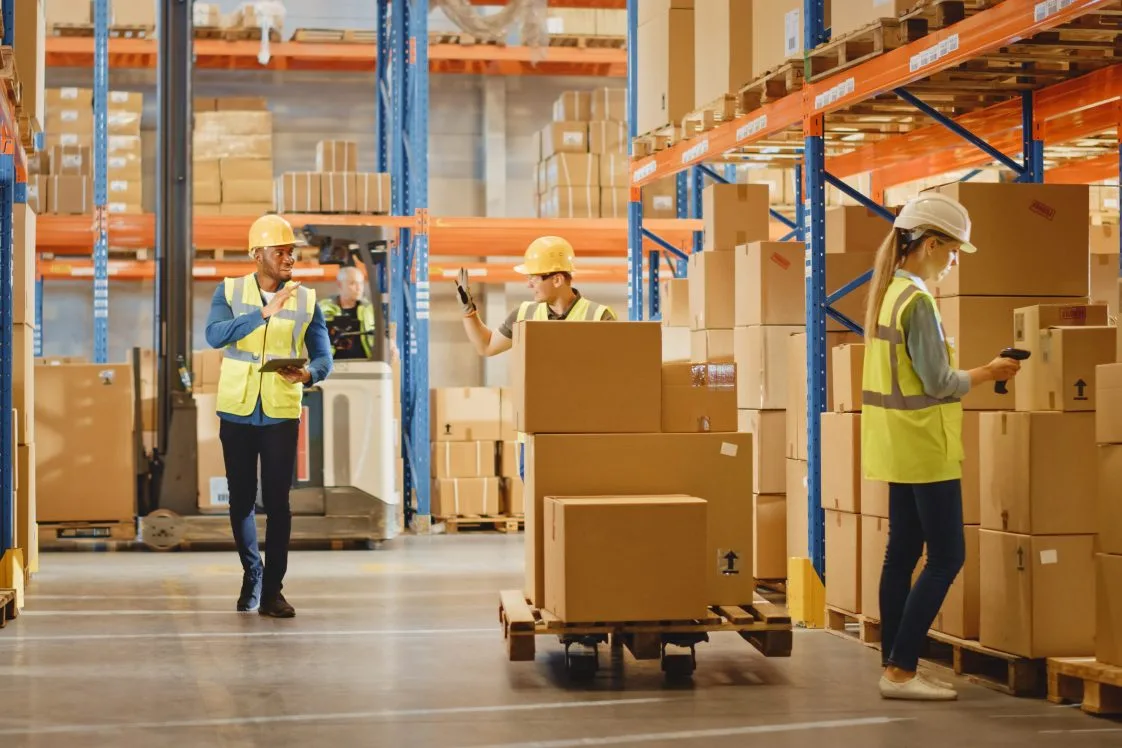
In 2022, e-commerce businesses experienced a 59% increase in online order volume. In tandem, 51% reported that their fulfillment costs have increased. The pandemic lockdowns spurred the sharp rise in online shopping, introducing more customers to the convenience of eCommerce and reinforcing shopping behaviours that are here to stay.
Some consumers have returned to stores but now shop across multipe channels, expecting retailers to offer a seamless mix of digital and in-store options with convenient, fast, and cost-effective fulfillment.
As order volume, fulfillment costs, and demand for fast delivery rise—despite supply chain and labor challenges — e-commerce retailers are turning to third-party logistics partners. Currently, 57% outsource some or all fulfillment (up from 29% in 2020), and 20% plan to do so within 18 months.
If you are a retailer struggling to keep pace with order fulfillment outsourcing part or all of your fulfillment operations may be a strategic move that can improve your customer experience, keep a sharp competitive edge, increase efficiency, quickly scale, and reduce fulfillment costs.
In this guide, we explore whether outsourcing order fulfillment is right for your business.
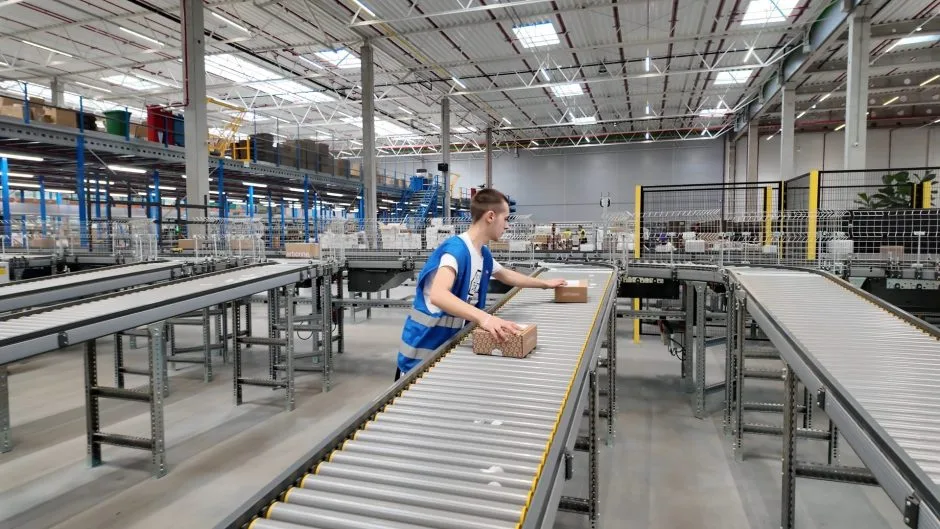
What is outsourced fulfillment?
Outsourced order fulfillment is when a retailer partners with a third-party logistics company to manage some or all of the order fulfillment process, including fulfillment center management, order processing, inventory visibility and management, picking and packing, shipping orders, and reverse logistics (returns) management.
Outsourced fulfillment partners typically own and manage their own network of warehouses and distribution centers, as well as their own technology, materials, and employees to fulfill orders on behalf of their customers. Some companies, like Radial, also own and manage their own transportation management systems.
Outsourced fulfillment partners serve multiple clients but can tailor services and packaging to ensure a seamless brand experience. Acting within the retailer’s partner network, they handle shipping logistics, negotiate rates, and are experts in order fulfillment.
Retailers that do not outsource fulfillment must own and operate their own fulfillment infrastructure and process as part of their business operations. Large retailers typically own their own fulfillment process and use outsourcing to supplement and support their need to scale and to lower costs for part or entire aspects of the fulfillment process.
For e-commerce-only merchants that do not own brick-and-mortar stores, operating their own fulfillment will require them to own real estate and manage a large physical infrastructure. This typically is not cost-effective compared to outsourcing fulfillment to a partner that has the infrastructure already in place.
Advantages of outsourcing fulfillment
There are multiple benefits to outsourcing fulfillment, either entirely or to supplement existing fulfillment:
Expertise. While giants like Amazon and Walmart build top-tier fulfillment operations, many e-commerce brands lack the infrastructure and expertise to match. Fulfillment partners specialize in this area, investing heavily to deliver efficient, high-quality results for their clients.
Scalability. As order volumes surged, so did fulfillment outsourcing. Instead of scaling in-house by building and managing larger operations, companies turn to partners already equipped to handle growing demand and future spikes. Unlike brand-owned setups, outsourced fulfillment is easier to scale down without significant losses if the market shifts.
Lower costs: Outsourcing to third-party logistics reduces fulfillment costs through efficiency and scale. Retailers avoid expenses like real estate, taxes, warehouse setup, labor, packaging, shipping, and returns.
Latest technology: Outsourced partners offer cutting-edge tools—like AI, ML, robotics, and advanced order management—that retailers often struggle to implement on their own.
Better carrier rates: Fulfillment providers leverage their shipping volume and long-term carrier relationships to secure better rates and delivery options for clients.
Focus on growth: With fulfillment off their plate, retailers can focus on growth and customer experience, while gaining a competitive edge through faster, more efficient shipping.
More solutions: Top fulfillment partners offer more than just logistics—many provide added services like omnichannel tech, transportation management, payments, fraud protection, and customer support.
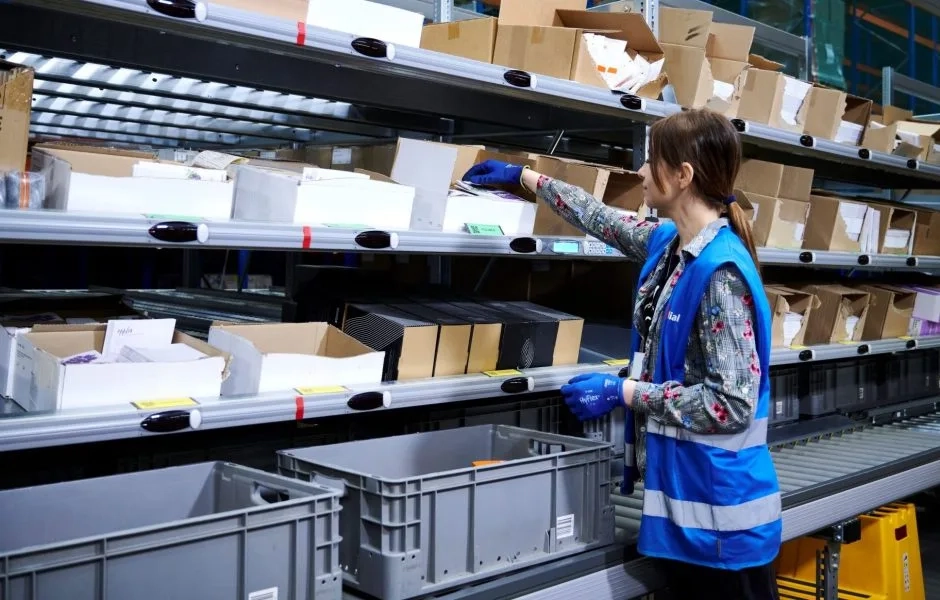
When should you not outsource fulfillment?
There are many benefits of outsourcing order fulfillment, but that doesn’t mean it’s the right decision for every e-commerce retailer. It’s a matter of knowing the right time to outsource or whether to it at all. Here are signs that it may not be the right time to engage a fulfillment partner:
Having insufficient order volume. Small- to medium-sized e-commerce retailers may not have the volume of orders needed to make outsourcing a wise investment. Smaller retailers should compare the cost of their current fulfillment operations versus outsourcing.
Needing to control every detail of the customer experience. Luxury brands and high-ticket orders demand hands-on fulfillment. Some brands prioritize full control over their customer experience, while top fulfillment partners customize packaging but operate independently, leaving retailers with less control and input.
Having already invested heavily in large-scale fulfillment operations. Depending on how much a brand wants to scale, retailers that have already established substantial fulfillment operations may find it more beneficial to outsource part of their fulfillment. Outsourced fulfillment partners can serve as support for high-growth periods.
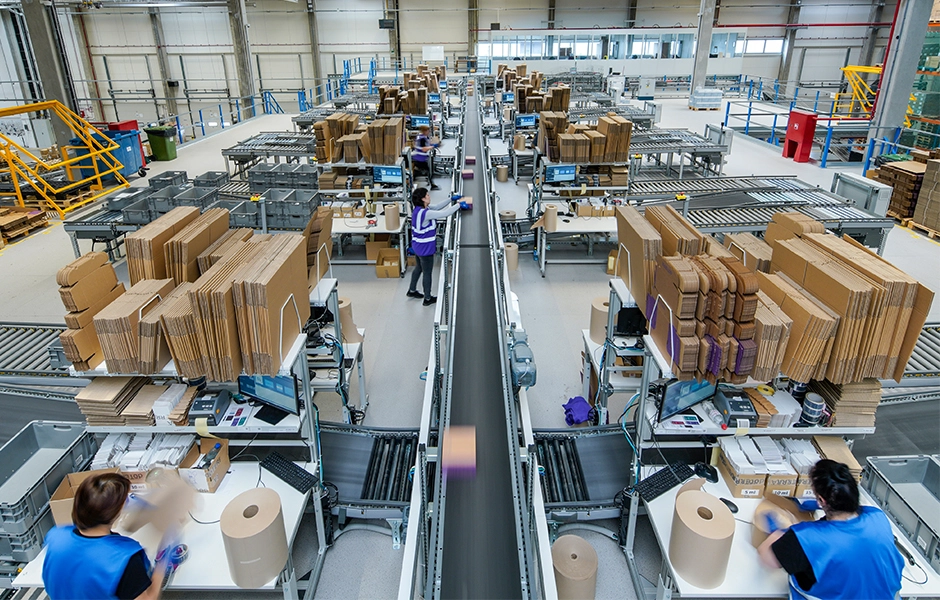
What to look for in a fulfillment partner
Outsourced fulfillment companies vary in their level of experience, infrastructure, services, and capacity to serve eCommerce retailers. Look for the following characteristics in leading fulfillment partners:
Seasoned industry experience. Partnering with a fulfillment company offers industry expertise. Key factors include longevity, scale, infrastructure, warehouse network, transportation, and global reach. Experienced firms bring years of insights to every client.
Automation and innovation. Longevity doesn’t mean outdated systems. Top fulfillment partners continually innovate, embracing automation like robotics and technology to stay ahead in the industry.
Diverse array of services. Fulfillment partners focused solely on core services are solid, but those offering diverse solutions while excelling in their core expertise tend to be more innovative. Partners that support client success prioritize business value.
Built for retail. Very few of the leading fulfillment partners are built specifically for retail. Those that are, like Radial, have designed and customized their solutions, workflows, and processes to specifically fit the retail industry’s needs. They tend to have a better grasp on what makes retail fulfillment unique and understand the deep correlation of fulfillment to customer experience and loyalty.
Global presence and reputation. e-commerce is a global business with customers that expect fast fulfillment and delivery wherever they are located. Partnering with a fulfillment company that has global operations and a strong reputation in different regions creates a competitive advantage, particularly when negotiating customs and international shipping rates with carriers.
Complete visibility across the ecosystem. Outsourcing fulfillment does not mean losing visibility in the order fulfillment process. A true fulfillment partner will advocate for full supply chain visibility and provide technology that integrates into the retailer’s systems to achieve it. They will help improve inventory visibility and create transparency so the retailer and its customers can track inventory and orders in real time.
Support store fulfillment options. Store fulfillment has become a mainstay for many retailers. With buy online, pickup in-store (BOPIS); buy online, pickup curbside (BOPAC); ship-to-store; ship-from-store; and buy online, return in store (BORIS), retailers are constantly juggling multiple fulfillment systems. A fulfillment partner will support retailers with technology and services that enable them to meet diverse fulfillment options.
Retailers should also evaluate outsourced fulfillment companies to establish alignment on core values, especially around customer experience. A partner needs to share a strong vision for what customer experience means, including KPIs and SLAs in the contract that will keep them accountable for achieving outcomes that support the best customer experience possible.
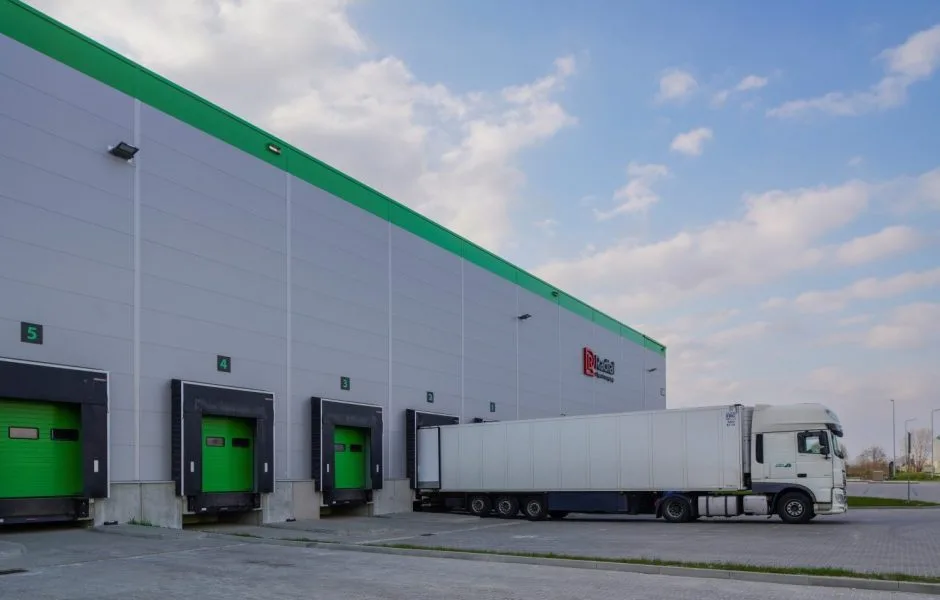
Next steps
Determining whether outsourcing fulfillment is the right next step for a retail business is a complex decision. However, for e-commerce companies experiencing high growth, spikes in order volume, labor shortages, and rising fulfillment costs, partnering with an expert in fulfillment can be the best way to stay competitive, meet customer needs, and ensure they can meet demands now and in the future.
Contact Us (EUR)
By submitting this form, you agree to our friendly privacy policy.
